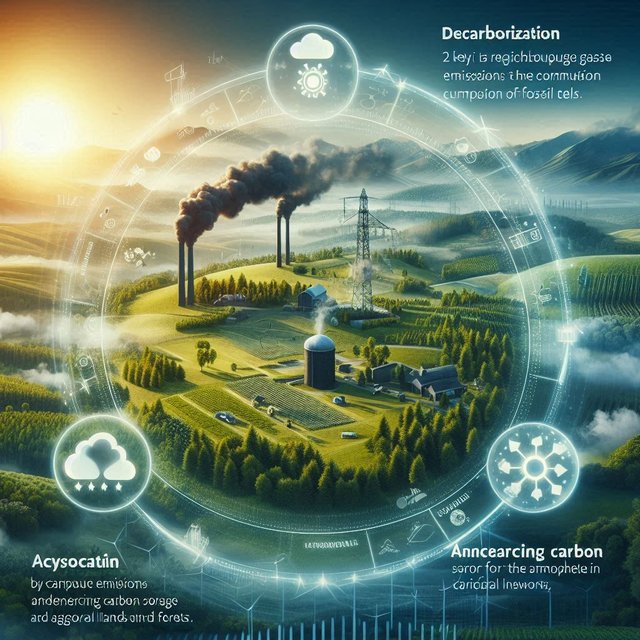The REAL Reason They Want Everything On Blockchain | Whitney Webb
In this post, let review the comments made by Whitney Webb on The REAL Reason They Want Everything On Blockchain
Whitney Webb is an investigative writer, researcher, and journalist. She focuses on highlighting under-reported issues and fostering common ground among people with varying political perspectives.
Blockchain Basics
Before we dive into the motivations, let’s recap the basics. Blockchain is a decentralized, tamper-resistant ledger that records transactions across a network of computers. Each transaction forms a “block,” and these blocks are linked together in a chronological chain. Here’s why blockchain matters:
- Security: Blockchain’s cryptographic design ensures data integrity and prevents unauthorized alterations.
- Decentralization: No central authority controls the entire network, making it resistant to censorship.
- Transparency: Transactions are visible to all participants, enhancing trust.
Tokenization: Transforming Real-World Assets
Tokenization involves representing real-world assets (like land, resources, or financial instruments) as digital tokens on a blockchain. Here’s why it’s gaining traction:
- Liquidity: Illiquid assets (e.g., real estate) become tradable 24/7, unlocking value.
- Fractional Ownership: Tokens allow fractional ownership, democratizing access to assets.
- Automated Compliance: Smart contracts enforce rules, streamlining compliance.
Here are some of the key points in the discussion.
The Control and Surveillance Nexus
Desire for Control:
- Centralized entities crave control. Blockchain threatens their monopoly.
- By putting everything on the blockchain, they regain control over data, transactions, and identity.
Surveillance and Accountability:
- Blockchain’s transparency can be a double-edged sword.
- Governments and corporations want to track every transaction—whether for tax compliance, anti-money laundering, or surveillance.
Carbon Markets and Climate Change
The Voluntary Carbon Market:
- Initially, carbon credits were voluntary. Companies offset emissions by buying credits from projects that reduce greenhouse gases.
- But “voluntary” may soon be a misnomer. The push for mandatory carbon markets is real.
Digital IDs and Carbon Credits:
- Digital IDs link individuals to their actions on the blockchain.
- Carbon credits could become part of this system, tied to your identity.
Financial Transformation and the Climate Agenda
Rewiring the Financial System:
- Christine Lagarde (ECB), Mark Carney (UN), and Larry Fink (BlackRock) advocate for a climate-focused financial overhaul.
- Tokenizing assets aligns with this transformation.
Monetization Dilemma: Balancing Survival and Stewardship
- Individuals face tough choices:
-- Buy Carbon Credits: Invest in offsetting emissions.
-- Sell Tokens: Monetize assets (land, resources) by tokenizing them.
-- Environmental Stewardship: Preserve resources despite economic pressures.
The Road Ahead
As blockchain adoption accelerates, we must critically examine its impact. Will it empower individuals or merely reinforce existing power structures? Can we strike a balance between economic survival and environmental responsibility?
Remember, the blockchain isn’t a panacea—it’s a tool. Its true potential lies in how we wield it. Let’s navigate this brave new world with eyes wide open, questioning motives, and advocating for a fairer, more sustainable future.
